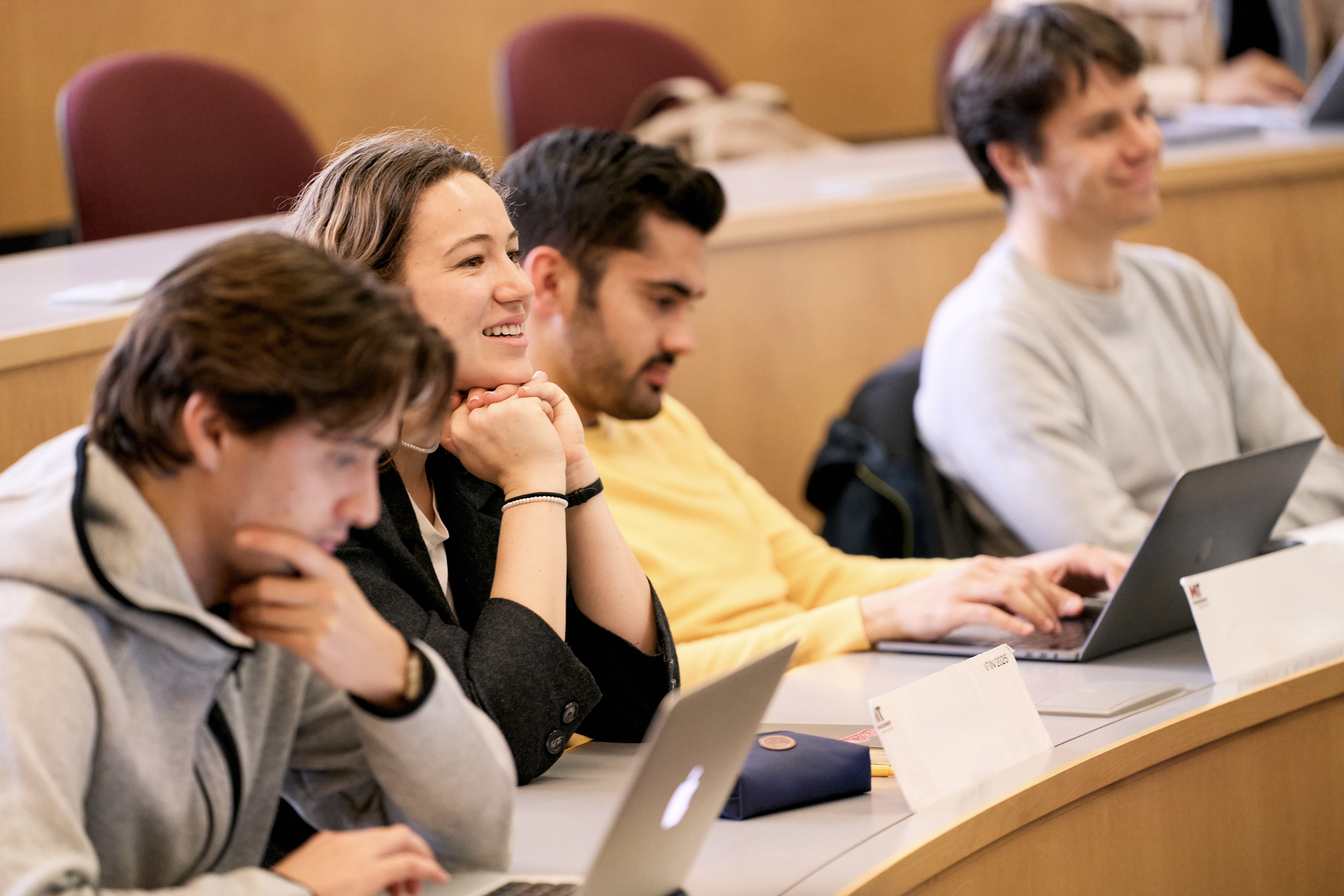Categorical thinking can lead to investing errors
By
New research provides insight on when and why investors rely on indexes or categories to make decisions rather than investigating each individual stock.
By
New research provides insight on when and why investors rely on indexes or categories to make decisions rather than investigating each individual stock.
By
Navigating the countless opportunities at MIT can feel overwhelming, especially when it comes to charting your career path in sustainability. Streams of Study is a growing resource designed to make your journey easier, intentional, and actionable.
By
Government subsidies for green tech should consider the role of social learning in consumer decision making.
By
Cryptocurrency aside, the supply chain is poised to be blockchain’s breakout application. Just ask Walmart and IBM.

Mathematical Background, Programming Skills, Self-assessment and Self-study Resources.

Professor Kate Kellogg’s recent healthcare research uncovers crucial considerations for successful technology change including challenges to employees’ roles and status through detailed case analyses.
By
Beyond shaping their career trajectories, alumni at the MIT Sloan Reunion 2025 finance panel discussed the long-lasting impacts of being a Sloanie.
By
The MIT Center for Information Systems Research (CISR) has published a new report identifying four capabilities that companies described as “real-time” businesses.
By
How do women in low-wage service-sector jobs respond to unemployment? That's a question Claire C. McKenna explored in her recent doctoral dissertation in the MIT Institute for Work and Employment Research (IWER) PhD program.
By
From artificial intelligence to supply chains to the future of China’s economy, these books help explain what’s happening in today’s business environment.